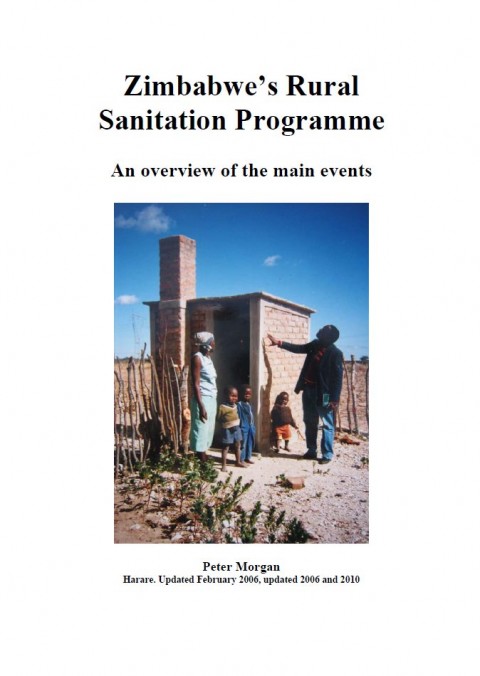
Published in: 2011
Author:
Morgan, P.
Uploaded by:
SuSanA secretariat
Partner profile:
common upload
4538 Views
39 Downloads
Location of library entry
Content - Summary
The active phase of this programme began to build up after Zimbabwean Independence in 1980 when external donor support became available to the country. Before that time the Ministry of Health had been involved through its Environmental Health Department in the promotion of hygiene and the improvement of shallow ground water supplies and sanitation - a programme which had been building up since the later 1940's. Most of the ground work was undertaken by “Health Assistants” now known as Environmental Health Technicians. These field staff worked under District and Provincial Staff of the Environmental Health Department of the Ministry of Health and Child Welfare (MoHCW). There had been a long history of promotion of improved latrines and wells even before donor supported schemes began. Health Assistants operated at grass roots level moving through the villages they new well. Thus a knowledge of the advantages of improved water supplies and sanitation was well known throughout the rural areas before the activities related to the International Drinking Water Supply and Sanitation Decade began. This “foundation laying” period was vital to the future success of the programme - and in fact formed an important part of the overall country programme. Brick built pit latrines as well as partly protected shallow wells were already becoming more common in the rural areas in the 1960's and 1970's.
Bibliographic information
Morgan, P. (2011). Zimbabwe’s rural sanitation programme - An overview of the main events.
Filter tags
English Guidelines and manuals Practitioners Rural Sub-Saharan Africa















